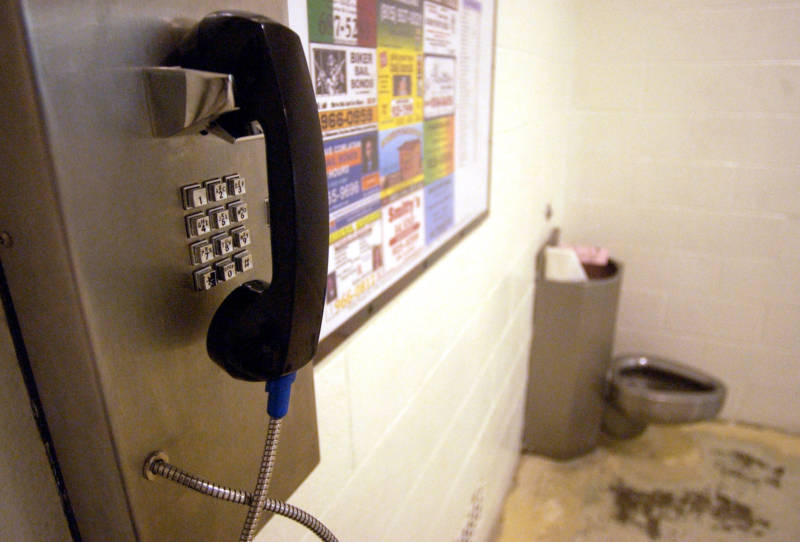“We are never again going to take a commission or make money off of products and services provided to incarcerated people and their support networks, their families,” she said.
Until last year's changes, San Francisco inmates were charged 15 cents a minute for phone calls and had to pay a 43% markup on products sold in the commissary, including basic items like soap and food.
“It can really add up,” Stuhldreher said. “It’s people’s families who really foot the bill. And our research shows it's almost always low-income women of color.”
Stuhldreher said she heard from family members of inmates who were forced to choose between staying in touch and paying their utility bills.
In San Francisco, she noted, African Americans make up less than 6% of the population but represent roughly half of all incarcerated people.
“The more people stay in touch with family, the better they do when they get out,” Stuhldreher said, pointing to research that found lower recidivism rates among former inmates who while incarcerated had maintained close contact with supportive family members.
For Mayor Breed, who grew up in public housing and whose brother is serving a 44-year prison sentence for involuntary manslaughter and armed robbery, the issue is particularly personal.
“It’s something that has never sat well with me, from personal experience of the collect calls, and the amount of money that my grandma had to spend on our phone bill, and at times our phone getting cut off because we couldn't pay the bill,” she told KQED in a 2019 interview.
Being unable to provide support to family members behind bars can be "depressing and frustrating," she said. "This was something I thought was an important issue, to address equity and fairness in our criminal justice system.”

